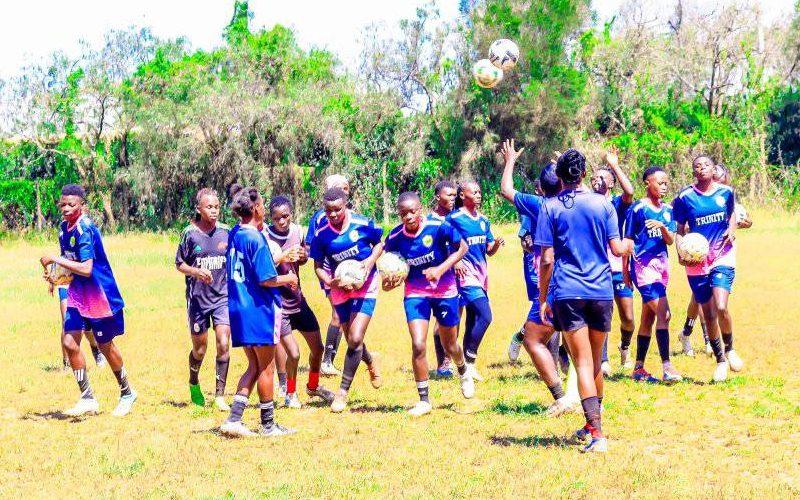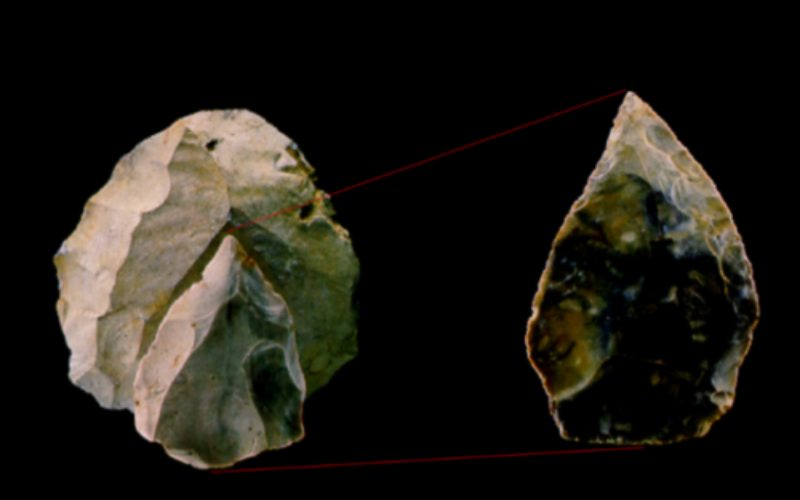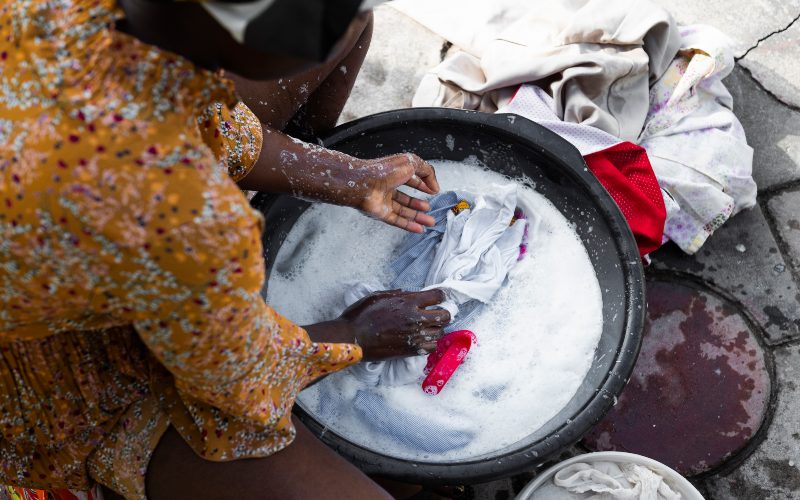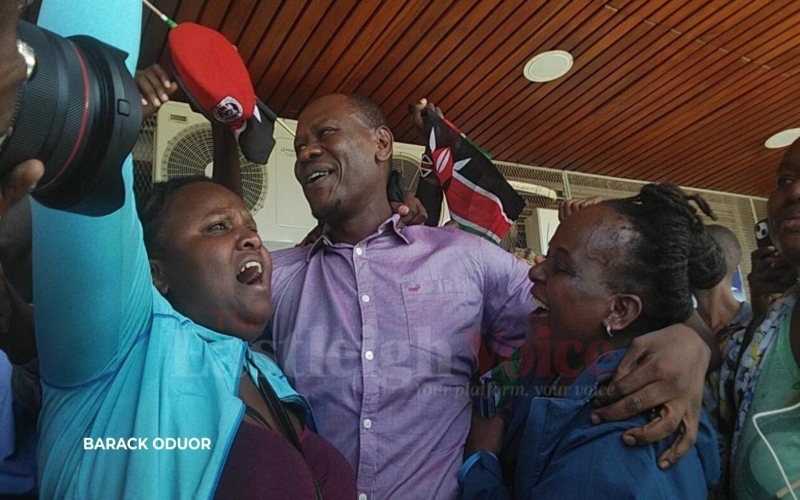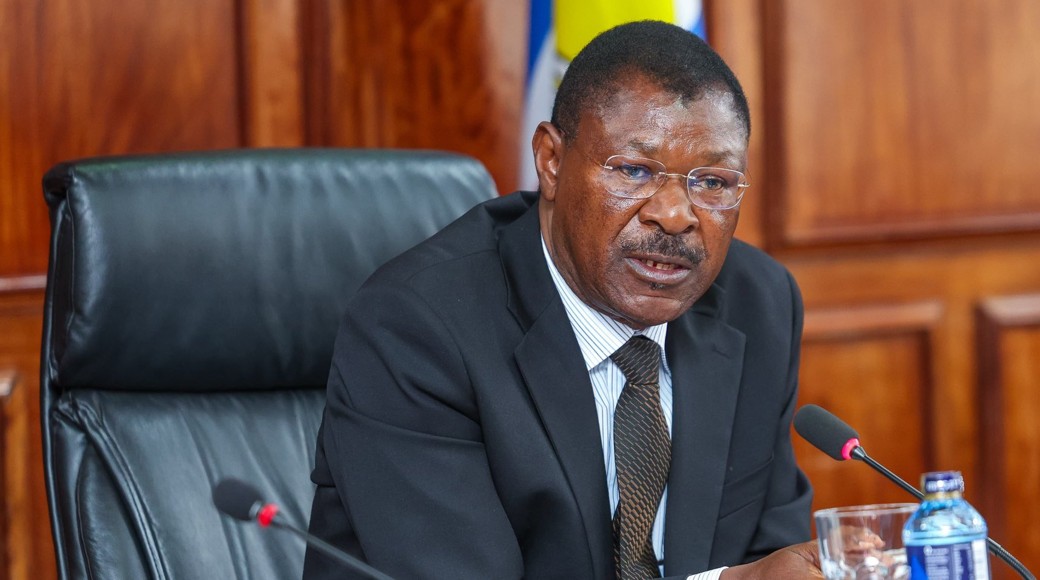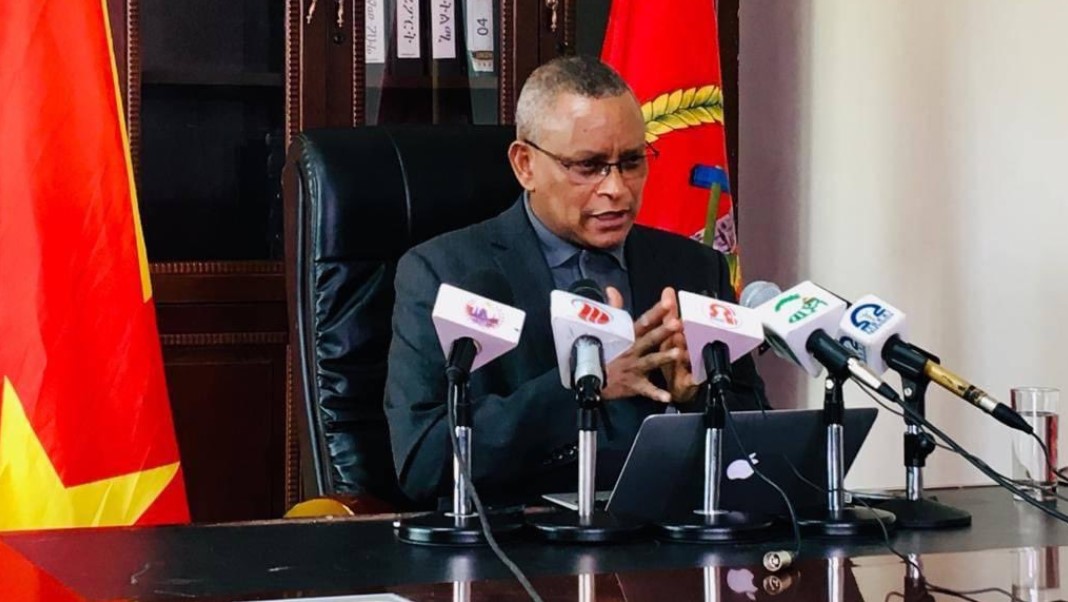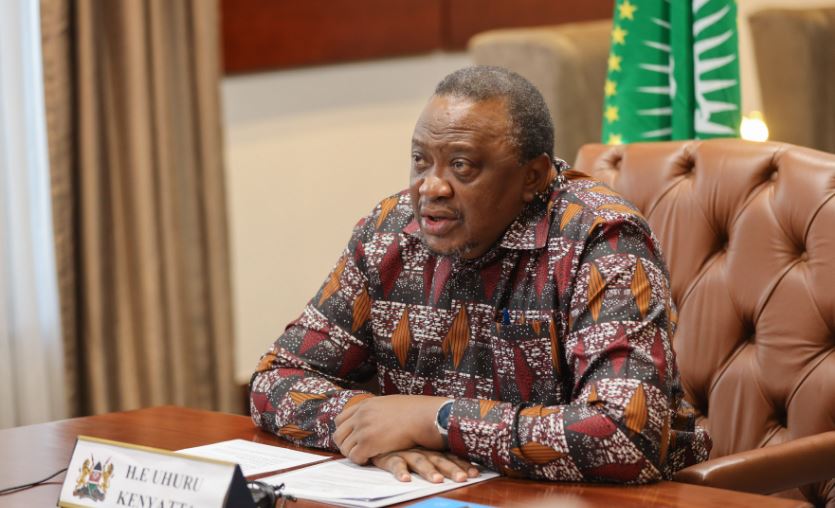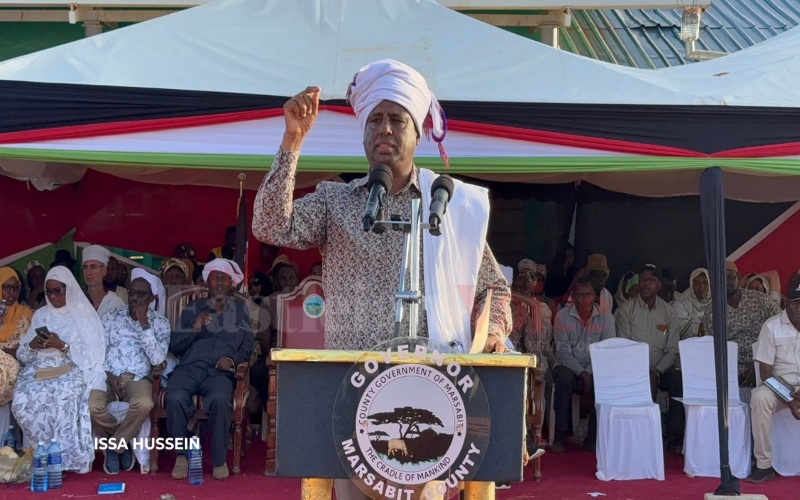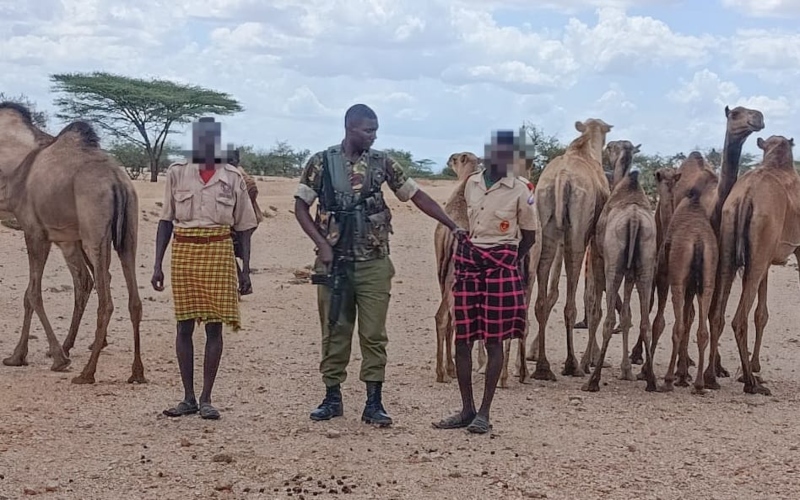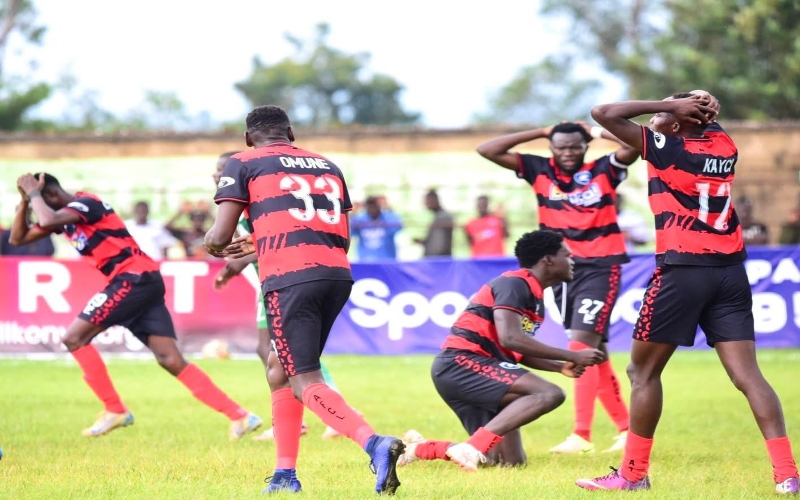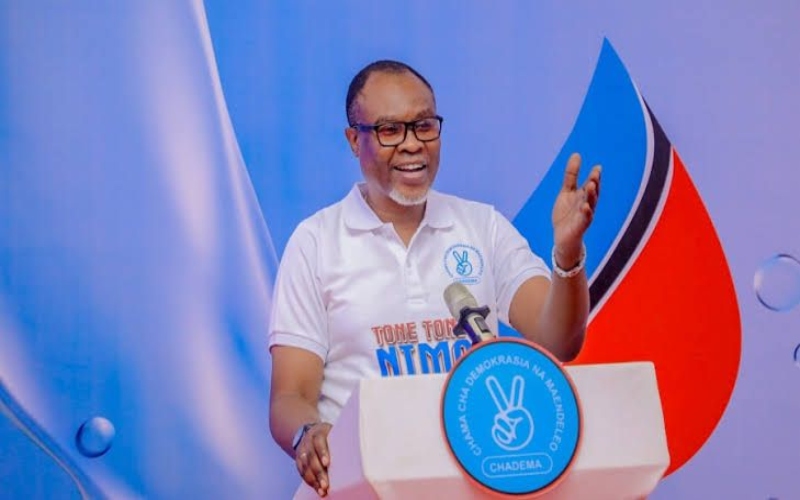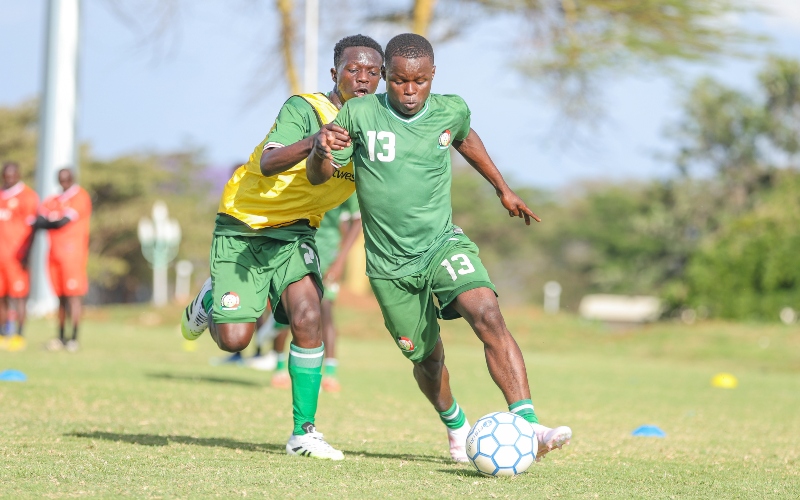Historic water project launched to end generations of scarcity in Northern Kenya
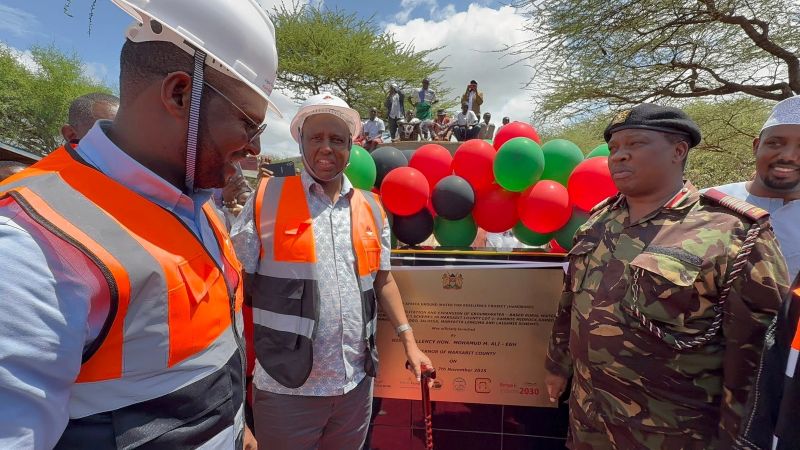
As Marsabit breaks ground and Turkana advances construction, the Horn of Africa Groundwater for Resilience Project is emerging as a cornerstone of hope — one that promises to turn arid lands into hubs of opportunity, restore dignity to women, and secure water for generations to come
Northern Kenya is on the brink of a historic transformation as Marsabit and Turkana counties roll out the Horn of Africa Groundwater for Resilience Project (HoA-GW4RP), a landmark World Bank-funded initiative aimed at ending generations of water scarcity and building climate resilience across arid regions of the Horn.
In Marsabit, Governor Mohamud Ali officially launched the project in what he called "a dream turned reality", a flagship milestone toward his long-held pledge to deliver clean and reliable water to every household in the county.
More To Read
- Marsabit launches Desert Stars Hub to drive innovation, climate resilience
- Murkomen urges Turkana to fast-track land allocation for Todonyang immigration post
- Police officer shot dead while guarding exam container in Turkana
- From camps to commerce: Refugee entrepreneurs shine at Kakuma trade fair
- Youth from Kenya, Uganda, Ethiopia, South Sudan urged to lead peace efforts in Karamoja
- Marsabit Senator urges Senate to resolve CHP payment delays, water project setbacks
The project, valued at Sh766 million, will be implemented jointly by the World Bank, the national government, and the Marsabit County Government.
"When I took office in 2017, access to water was our people's biggest challenge. Mothers carried water on their backs for miles. I promised to end that suffering, and today, that promise is taking shape," said Governor Mohamud.
The Governor said the project will unfold in three phases covering every sub-county — Laisamis, Loglogo, Jaldesa, Maikona, Moyale, and Saku — through a network of new pipelines and rehabilitated infrastructure connecting households, public institutions, and livestock watering points.
"By 2026, the water problem in Marsabit will be solved. The stalled Badassa Dam will also be revived to supplement Bakuli Dam, ensuring that no family goes thirsty again," he declared, earning applause from residents.
Deputy Governor Solomon Riwe urged responsible water use and called on contractors to prioritise local employment, while County Executive for Water Grace Galmo described the project as " the crown jewel of Marsabit's water revolution."
She noted that more than 100 kilometres of pipeline would be laid in the first phase alone.
Local leaders celebrated the project as a victory for women and pastoralists. "It's a win for mothers who for decades have carried the burden of fetching water," said Laisamis MCA Burcha Daniel.
Community representative Abdi Abdullahi Sora from Jaldesa summed up the joy on the ground: They have cooked the food for us, we just need to eat it. Water is life, and today, Marsabit has found it."
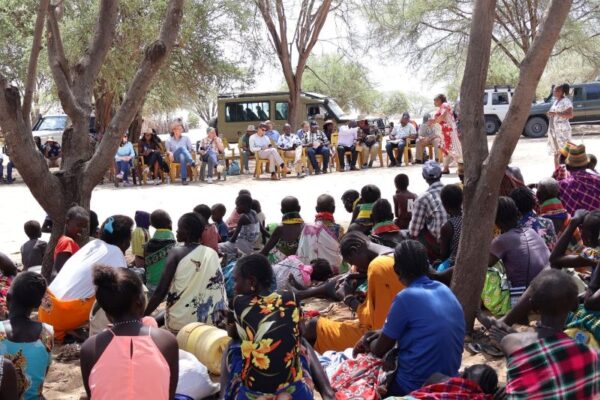 A delegation from the Horn of Africa Groundwater for Resilience Project, comprising the Water Sector Trust Fund, World Bank, Cooperation in International Waters in Africa, and the National Ministry of Water and Irrigation, visits project sites in Turkana Central. (County Press)
A delegation from the Horn of Africa Groundwater for Resilience Project, comprising the Water Sector Trust Fund, World Bank, Cooperation in International Waters in Africa, and the National Ministry of Water and Irrigation, visits project sites in Turkana Central. (County Press)
Meanwhile, in neighbouring Turkana County, the project is rapidly advancing through its design and construction stages, with officials expressing optimism that groundwater could unlock a new era of food security and stability.
The County Department of Water Services recently hosted a high-level delegation comprising representatives from the Water Sector Trust Fund (WSTF), the World Bank, the Cooperation in International Waters in Africa, the Ministry of Water, Sanitation and Irrigation (MWSI), and the Water Resources Authority.
The delegation inspected four newly contracted project sites — Narimao, Nang'olekuruk, Loreamatet/Loturtur in Turkana Central, and Kaitese in Loima — to assess progress under the ongoing mid-term review phase.
Governor Jeremiah Lomorukai highlighted Turkana's immense groundwater potential, saying the region is home to more than seven aquifers. "If supported, groundwater can transform food security in Turkana because the soil is fertile and suitable for both crops and livestock," he said.
Willyjustus Lopeyok, County Executive for Water Services, said the project was a lifeline for remote communities. "We are committed to ensuring that water provision is accessible, reliable, and sustainable."
WSTF CEO Willis Ombai, who led the delegation, said the mission aimed to review progress and ensure local impact.
"We are now at a critical stage where projects are taking shape. We want to see how they will transform communities and improve water access," he said.
Dr Okoth Owuor, Project Coordination Officer at MWSI, underscored the importance of strong policies to guide groundwater use.
"Groundwater remains the main source of water in the Horn of Africa. Policies such as Transboundary and Groundwater Management will be vital for sustainability," he noted.
At Loreamatet/Loturtur, Frederick Rukoo, Turkana County Project Coordinator, briefed the team on rehabilitation and sustainability plans. "Once completed, the projects will be handed over to the Turkana Rural Water Services Company for management and revenue collection to sustain operations," he explained.
As Marsabit breaks ground and Turkana advances construction, the Horn of Africa Groundwater for Resilience Project is emerging as a cornerstone of hope — one that promises to turn arid lands into hubs of opportunity, restore dignity to women, and secure water for generations to come
Top Stories Today
